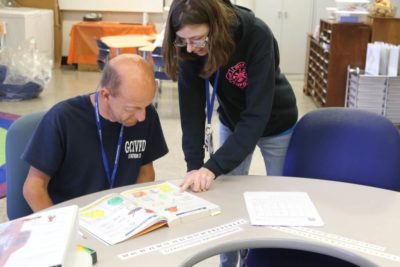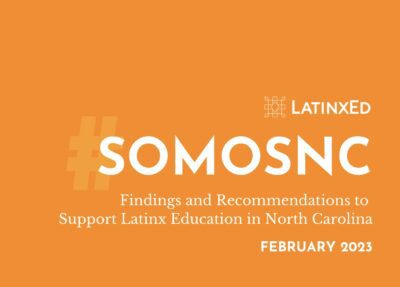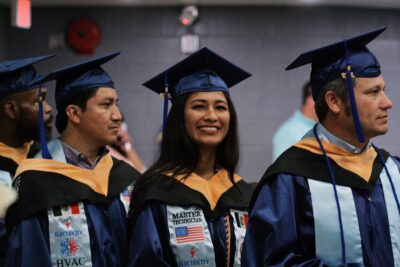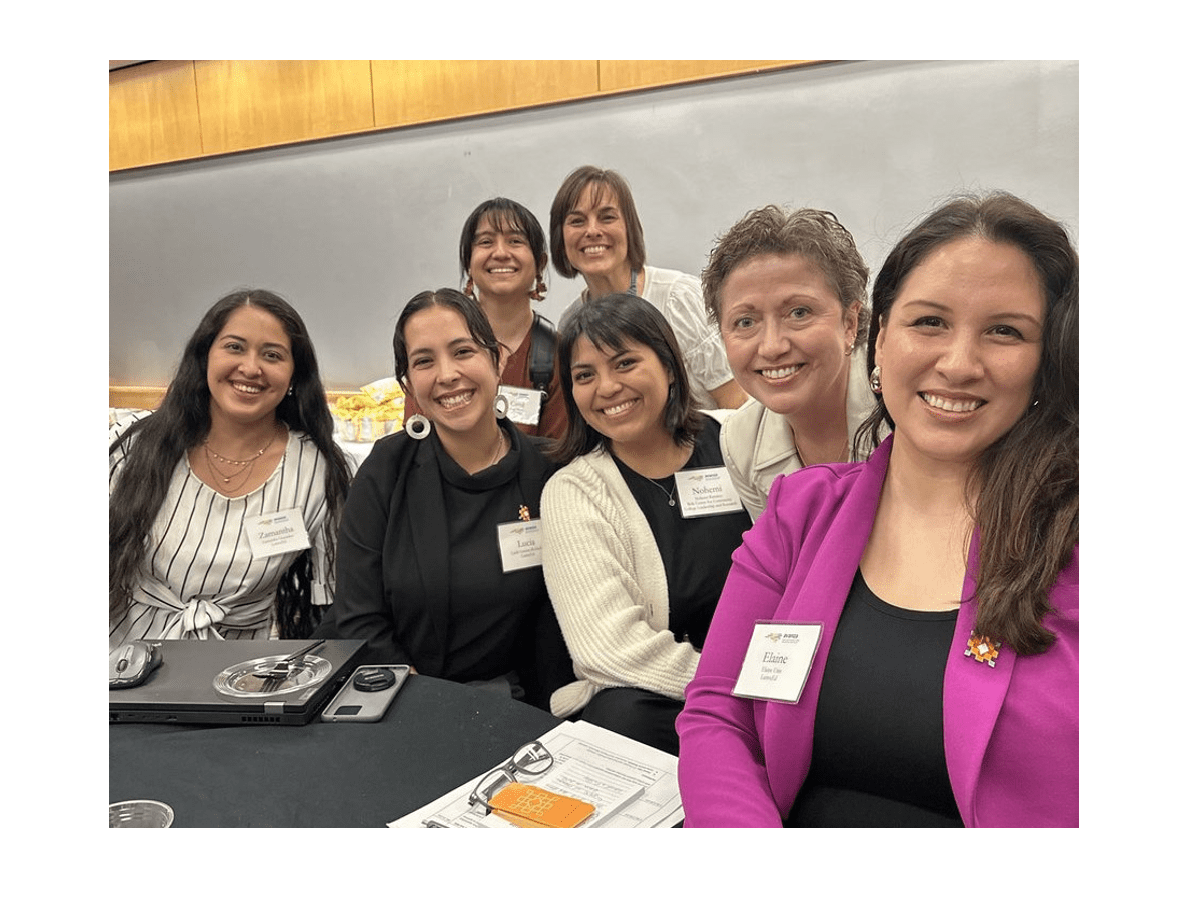

Share this story
|
|
Avanza: North Carolina Community Colleges Advancing Latino Student Success, which is “a community of practice designed to provide institutional leaders with a space to discuss best practices and barriers to Latino student success,” welcomed its second cohort of community colleges on Friday, March 15, 2024.
This cohort includes ten community colleges who are “advocates for Latino students and/or play critical roles in recruiting, supporting, and graduating Latino students,” including Asheville-Buncombe Technical Community College, Catawba Valley Community College, Central Carolina Community College, Central Piedmont Community College, Durham Technical Community College, Fayetteville Technical Community College, Johnston Community College, Lenoir Community College, Montgomery Community College, and Randolph Community College.
“Over the course of a year, institutional leaders will receive technical assistance and policy support to help build capacity to lead and innovate in order to advance access and attainment for Latino North Carolinians,” according to an email from The Hunt Institute, one of three partners providing support to the community collges including the Belk Center for Community College Leadership and Research and LatinxEd.
In English, “avanza” means to advance, to progress, and to move forward.
Grounded in the experience of students
The Avanza community of practice is grounded in the experience of students at the community colleges in the cohort.
Paola De Avila, a teacher at Southern Lee High School, and her daughter Mia Granda, a student at Lee Early College which partners with Central Carolina Community College, shared their stories.
De Avila, who has been an educator for eight years now, recounted the challenges she faced in her pursuit of higher education, and her daughter shared her own experience in the American school system. Together, they advocated for culturally responsive schools, where students experience no barriers towards reaching their goals for higher education.
Alexander Renteria also discussed the importance of dual enrollment and representation. He said supporting students emotionally has a direct impact on their success in the classroom.
Grounded in improving policy
The Avanza community of practice connects the Latino student experience to policy, from the importance of the federal designation as an Hispanic-Serving Institution (HSI), to the growth of the Latino population in North Carolina, to the complicated intersection of recruitment of students, FAFSA, and the residency determination service (RDS).
Students continued to bring up the importance of tuition fairness and equity in conversations about these and other policies that create barriers to access.
Collaboration to support Latino student success
Collaboration requires practice, and at the convening participants discussed how to better engage and communicate to support Latino student success.
Silos — within community colleges, between school districts and community colleges, across community stakeholders, across counties, or between local and state stakeholders — don’t help.
Latinx director positions to educate students and families about resources and opportunities do help.
Fostering exploration of student identity, mental health support, and educator diversity helps.
More translation on state and federal forms and websites helps.
Providing compensation for in-person translation helps.
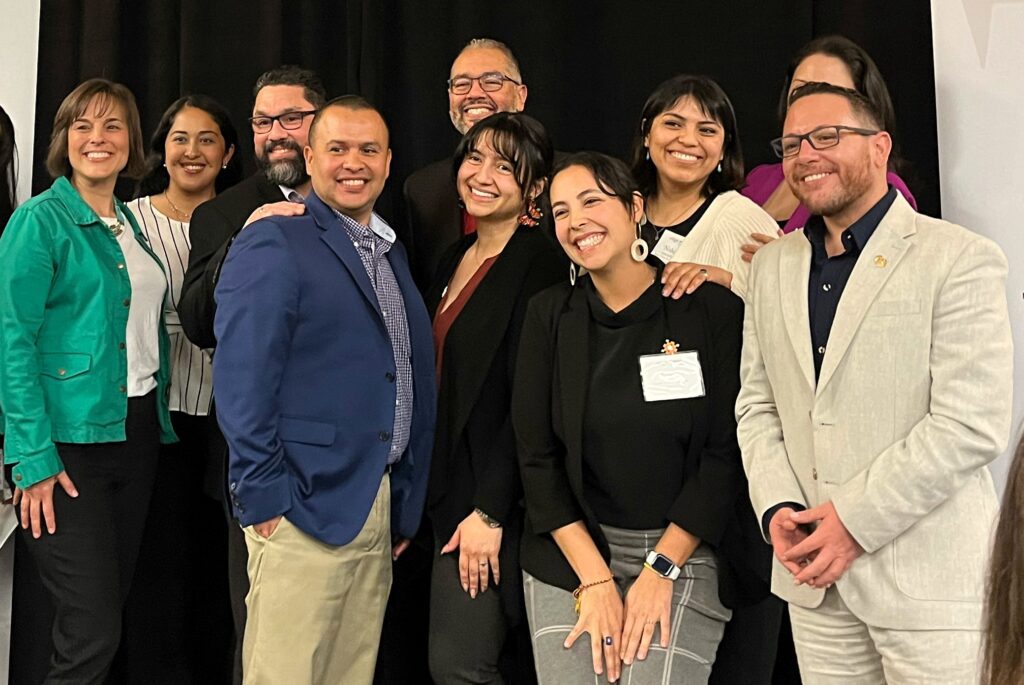

Dr. Juanes Ramírez noted that community colleges are not just serving students but their families as well.
The students’ parents, he said, come from a variety of educational backgrounds and their own experience of school may be different than the experience their children have once in the United States. Creating a space where that is acknowledged and supported, he said, allows for better relations with and between students and their families as they pursue their collective goals for access and attainment.
You can see all the tweets on Twitter now X at #AvanzaNC.



